When you buy organic foods, you're choosing a product that is grown or produced without the use of synthetic fertilizers and pesticides. These products have been tested and certified by third-party certification agencies to meet strict organic standards.
The standards include minimal use of chemicals in soil and pesticide management, regulated livestock feeding and care and avoidance of genetic engineering. They apply to all fruits, vegetables, eggs, meat, poultry and dairy.
Certifications and Standards
Organic food certifications and standards ensure that growers, handlers, processors, buyers, retailers, and restaurants are using practices that protect the health of consumers and the environment. They also verify that the products being sold have been produced without synthetic pesticides, genetically modified organisms (GMOs), petroleum-based fertilizers and other synthetic substances.
The USDA National Organic Program oversees and enforces the integrity of the rigorous organic standards used to label foods as certified organic. Farms, handlers and processors must submit a detailed application that documents their operation, processes and products. This is called an Organic Systems Plan and helps inspectors and consumers trace organic products from farm to table.
Critics of certification fear that the regulatory framework will be eroded to allow for exceptions and amendments that favor large-scale producers, who may use conventional farming methods, or who use synthetic pesticides and fertilizers to compete in the market. This could lead to the loss of independent organic farmers and damage consumer confidence in organic products.
Food Safety
Organic certifications and standards are rigorous, multi-step processes designed to ensure federally regulated organic production methods are followed by farms, handlers and processors. Companies submit a detailed application, outlining their operation and products. This information enables inspectors to trace food from the farm to the table.
The USDA, through its Agricultural Marketing Service (AMS), oversees and enforces the integrity of organic certification agents and the national standards. If an agent or a certified producer violates any of the standards, the AMS can revoke or suspend its accreditation or certification.
The USDA also requires that all imported organic foods are inspected and certified before they can be sold. This is the biggest update to organic regulations since they were first published in 1990.
Consumer Confidence
Organic certifications and standards ensure that your products are free of toxic pesticides, genetic engineering, antibiotics, synthetic growth hormones, artificial flavors, colors, preservatives and sewage sludge. These federally developed standards ensure that your products are safe to eat, and provide you with confidence in the quality of your organic foods.
The organic food certification process is a detailed inspection of your farm or business that takes into account the use of pesticides and fertilizers, processing and handling conditions, and other factors. Once your product is certified you will be permitted to use the USDA organic logo on your packaging and advertising materials.
Consumer confidence surveys are used by many governments, businesses and banks to gauge the health of the economy. They are not a direct indicator of economic trends, but they can help predict sudden shifts in consumption patterns.
When the Consumer Confidence Index is positive, consumers feel confident about their future job prospects and are willing to spend more than they save. However, when the index is negative, consumers are more concerned about their financial situation and are more likely to save than spend. This is bad for the economy as it causes consumers to cut back on purchases and can cause the stock market to fall, which in turn reduces the value of the dollar.
Health Benefits
Organic foods are healthier than their conventional counterparts because they do not contain a lot of pesticides, antibiotics and growth hormones. They also contain more antioxidants and nutrients that your body needs.
The USDA has strict rules for certifying organic products, so you can trust that what you buy is organic and made with high-quality ingredients. Certified farmers and handlers must document their practices and get inspected each year to earn an organic certification, which allows them to label their products as such.
For example, hospital cafeterias and commissaries must have all food inspected and verified as organic by the USDA. Doctors and nurses have a personal stake in the foods served, as more research shows that diet plays a role in patient health outcomes.
Frequently Asked Questions
Is organic food healthy?
There are two types of foods; those we grow ourselves and those we buy from someone else. Of course, there are exceptions to both categories, but for the most part, the answer to your question is yes. Organic food is healthier because it doesn't contain any harmful chemicals, pesticides, herbicides, preservatives, or genetically modified organisms (GMO).
Organic food can be found in supermarkets throughout North America, Europe and Asia. Most grocery stores now carry organic food, making it easier for consumers to choose organic products.
Organic food tastes better and is more nutritious, as it has higher levels of vitamins and minerals. Organics are grown without using pesticides and fertilizers. They also don't pollute soil or water.
The USDA regulates organic farming practices and requires farmers to follow strict guidelines to ensure that organic produce is safe to eat. There are more than 30 million acres of US farmland that have been certified organic.
Organic food is often cheaper than traditional food. Organic food is often cheaper than conventional food because it contains the same amount calories, protein, as well as nutrients. Organic farms can charge less for their crop because they aren’t required to buy expensive chemical inputs.
According to the Environmental Working Group organic food is 10 percent cheaper per pound than conventionally manufactured food. You can make a change to organic food if your family is concerned about their health.
Organic food has become an increasingly popular alternative to American standard diets. While many believe organic food can only come from specialty markets and fine dining restaurants, it is not true. Organic food can easily be found in any regular grocery store across the United States.
The sales of organic food have increased dramatically in recent years. In 2012, the US market value for organic food was $43 Billion. This is an increase of $21 Billion from 2007.
What is organic?
Organic meat is organic food that has been grown naturally without the use of pesticides, artificial fertilizers or hormones. Organic meat is also a guarantee that the animals weren’t fed any genetically altered feed. It is safe to eat because it doesn't contain any harmful chemicals.
Organic meats are good for the environment. Organic foods reduce pollution in rivers, lakes and landfills. We also help protect wildlife because organic farmers usually do not use toxic chemicals that kill insects and birds.
You can eat organic meats and produce whenever you can. Local purchasing helps keep money local, not out of the state. Local businesses often pass down savings to customers when they shop locally. In addition, buying local keeps jobs right here in America instead of sending them overseas.
Why is organic foods important?
For our health, organic produce is crucial. Organic produce is the best way to eat healthy foods. Not only is it better for us, but it's also more environmentally friendly because it doesn't rely on pesticides and fertilizers.
Organic farming uses natural methods of cultivating crops that are free from harmful chemicals. This results in fewer environmental pollutants and makes organic farming safer. You are helping the planet and yourself by choosing organic food.
But organic food offers more than just health benefits. We all know the negative effects that processed foods can have on our health. Organic fruits and vegetables aren’t subject to chemicals spray. That means that they taste fresher, look brighter and last longer too.
It's because organic is healthy for you and the planet. It's healthy for you and the planet.
What are the top organic vegetables?
Organic vegetables are the most nutritious and healthy food source for humans. They are the best food on earth.
Organic produce is grown without chemical fertilizers, pesticides, herbicides, fungicides, and GMO seeds. These chemicals pose severe dangers to our health as well as the environment.
Organic produce is also richer in nutrients, vitamins, minerals and antioxidants. This makes them healthier because we absorb these nutrients better when eating organics.
Organic vegetables not only taste great, but are safe to consume. Consuming organic produce has no known side effects.
All grocery stores can carry organic produce. Organic fruits and veggies can be purchased at any grocery store provided they comply with USDA guidelines.
How can you tell if your produce is organic?
These labels will help you ensure that organic produce is purchased.
USDA Organic Certified: Produces certified by USDA as 100% organic.
Certified Naturally Grown - Produce that has passed strict requirements for organic practices but has not yet received certification from the USDA.
Pastured/Free Range - Produce from animals who live outdoors and graze freely on grass and herbs.
These labels indicate that the product meets specific criteria, which include:
- No pesticides nor synthetic fertilizers
- No genetically modified organisms
- Animals are never given antibiotics
- Animals are never given hormones.
- No growth-promoting drug
- No feed additives
- No artificial ingredients
- No irradiation
- No sewage effluent
- GMOs are not allowed
- Never gave antibiotics
- No hormones ever given
- No growth-promoting drugs
- No feed-additives
- No artificial ingredients
- No sewage sludge (if it's a non-GMO)
- No irradiation
I hope you found this article helpful.
Statistics
- According to a study performed by consumerreports.org, organic products, compared to non-organic products, ranged anywhere from 13 percent cheaper to 303 percent more expensive. (en.wikipedia.org)
- Once certified by the USDA, it can fall into one of four categories: "100 percent organic", "organic," "made with organic ingredients," or "made with less than 70 percent organic ingredients. (en.wikipedia.org)
- When packaged products indicate they are “made with organic [specific ingredient or food group],” they contain at least 70% organically produced ingredients. (usda.gov)
- Cosmetic brands such as Laurel and Rose Mira are 100 percent organic and have a wide array of skincare products. (en.wikipedia.org)
External Links
usda.gov
doi.org
- Occupational Pesticide Exposures and the Cancer Risk: A Review. Journal of Toxicology and Environmental Health. Part. B. Vol 15, Issue 4.
- Genetically modified foods - safety, risks and public concern - A review - Journal of Food Science and Technology
ncbi.nlm.nih.gov
- PubMed Assessment of the micronutrient compositions of plant foods from conventional and organic agriculture methods.
- Comparison of the total amount of phenolic and/or ascorbic acids in freeze-dried and dried marionberry, strawberry, or corn grown using conventional and organic agricultural practices - PubMed
sciencedirect.com
- The health effects of organic foods and their impact on the human body: A review of the status quo and future prospects of research – ScienceDirect
- Technical note: Simultaneous analysis of vitamin and carotenoid content in milk from cows fed total mixed rations. Xanthophyll detection is possible - ScienceDirect
How To
Organic foods are healthier and more nutritious.
Organic foods are made without the use or synthetic fertilizers. They are grown in natural environments without artificial inputs (fungicides/herbicides/hormones, antibiotics or genetic engineering). Organic farming methods include crop rotation, cover, composting animal manure and recycling wastewater.
The USDA National Organic Program (NOP), established in 2002 to regulate production, handling and processing of organic products sold in the United States. NOP regulations assure that organic agricultural products comply with the Federal Food, Drug, and Cosmetic Act. Additionally, organic products must not contain prohibited substances like pesticide residues or genetically modified organisms.
For producers in the USA who want their products "organic", there are two kinds of certification programs: one for farmers or ranchers and one for manufacturers. Both programs require an annual audit of the operations in order to confirm compliance with stringent standards. These services are offered by several certifying agencies, including CCOF Certified Organic Farmers & Ranchers and Quality Assurance International. These organizations offer third-party verification that farms adhere to strict guidelines about environmental stewardship and labour practices.
According to USDA’s Economic Research Service, organic farming accounted for $4.7Billion in 2013 sales. That year, retail spending on certified organic products totalled nearly $1.5 billion, representing a 23 percent increase since 2009. The number of grocery stores that sold organic products increased 12 percent over the same period. Spending directly on organic produce grew by 29 percent while that on meat, poultry, eggs and seafood only grew by 1 percent.
While organic food costs more, consumers say its quality justifies the added expense. Consumer Reports' 2015 survey found that 88% of respondents would spend more on organic food if it had higher nutritional values. A Health Affairs study also found that organic food consumers are less likely to develop health problems such as diabetes, cancer, obesity, heart disease, depression, and other diseases.
Although organic foods are not proven to prevent or treat certain diseases, some research suggests that they could improve overall health and reduce exposure to pesticides. A review of 31 studies that were published in 2010 found that organically raised beef has significantly lower levels than conventionally raised beef. Similar conclusions were reached in a separate analysis of 11 other studies published in 2012.
The Environmental Working Group released a report in 2014 that analyzed data from USDA's Agricultural Marketing Resource Center. They found that there was a decrease in foodborne illness due to E.coli, salmonella, listeria moncytogenes or campylobacter. The group also observed that E.coliO157 is a less prevalent cause of illness in humans among children than adults. This was because the USDA has imposed stricter organic standards on animals raised for human consumption.
Resources:
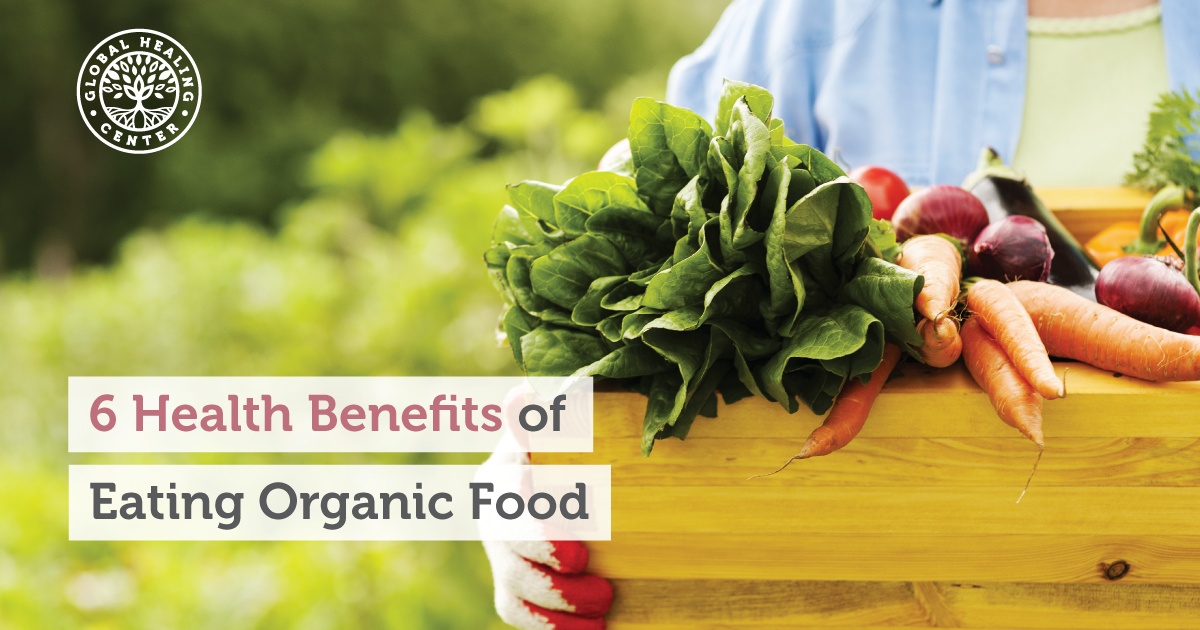 |
Nuts and SeedsNuts and seeds are nutrient-rich crunchy tidbits that add a protein, fiber and healthy fat punch to meals and snacks. They’re also a great source of.. |
 |
Organic Food For A Six Pack? The TRUTH About Organic vs Conventional Foods!Get ripped and keep your strength: http://goo.gl/uLzHn6 Hey guys, it's Clark over at Six Pack Shortcuts and today we're gonna talk about organic vs |
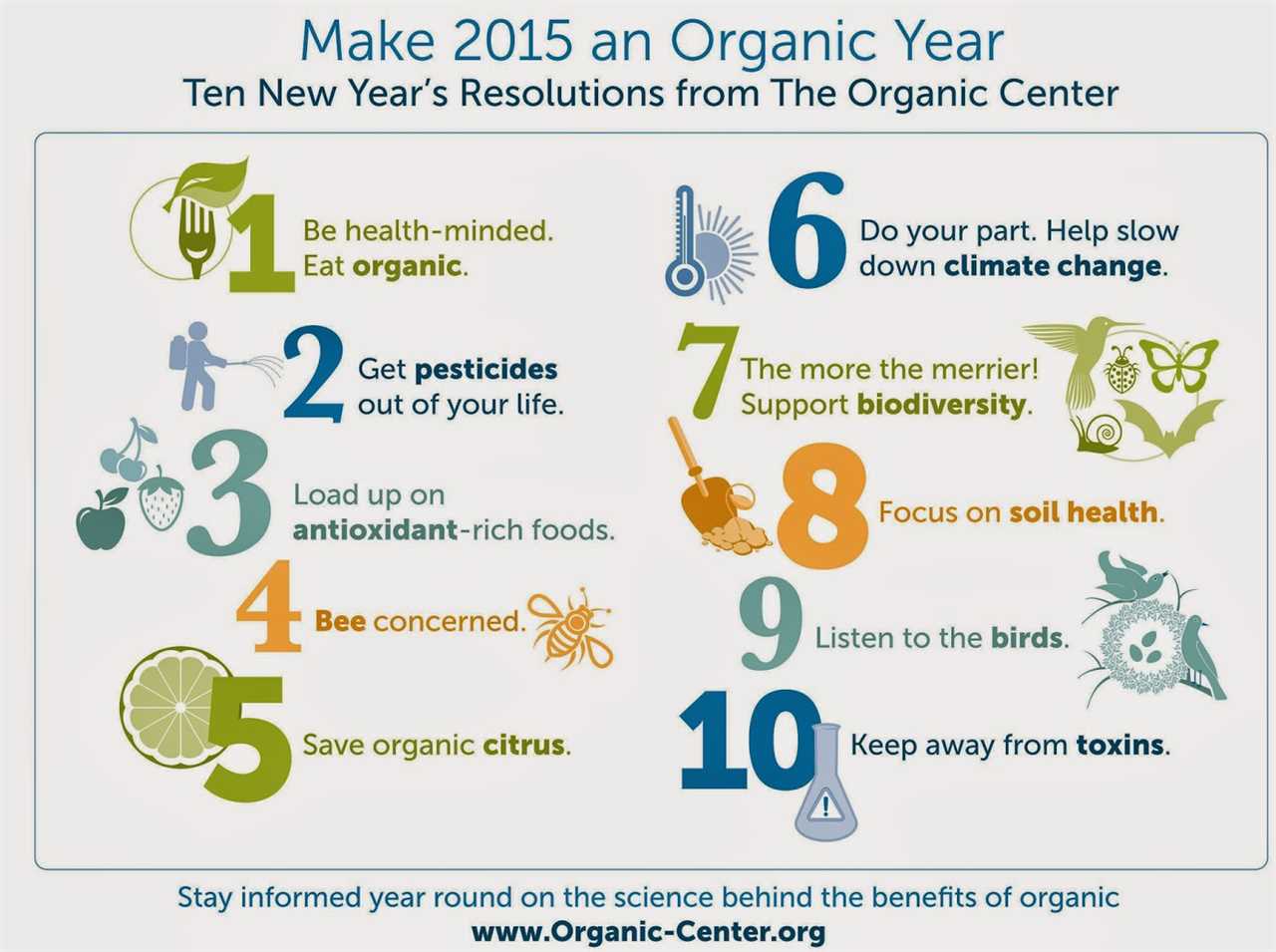 |
Organic vs Conventional Produce - The Dirty Dozen & Clean 15 ExplainedClick https://skl.sh/flavcitywithbobbyparrish to get 2 months of Skillshare for FREE! Here is a full review of the dirty dozen fruits and vegetables and |
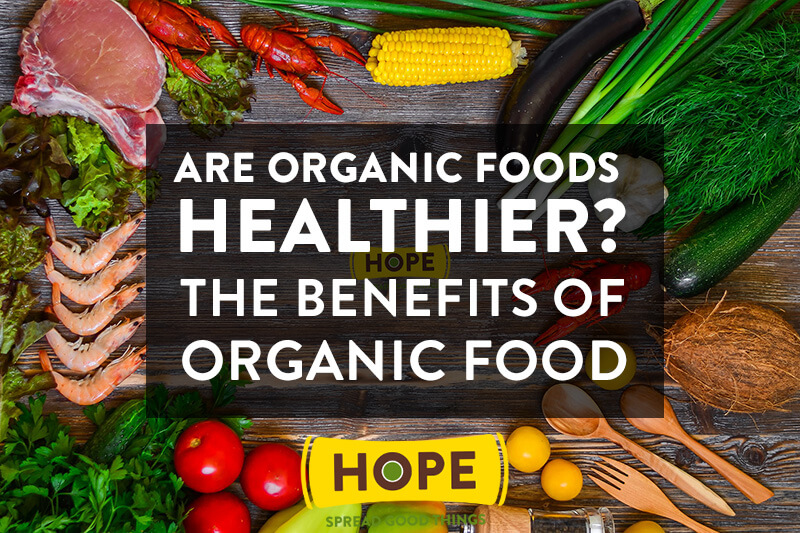 |
Are Organic Foods Really Healthier?It's widely believed that organic foods are more nutritious and safer than non-organic foods, even though the evidence is far from clear. Food certified as |
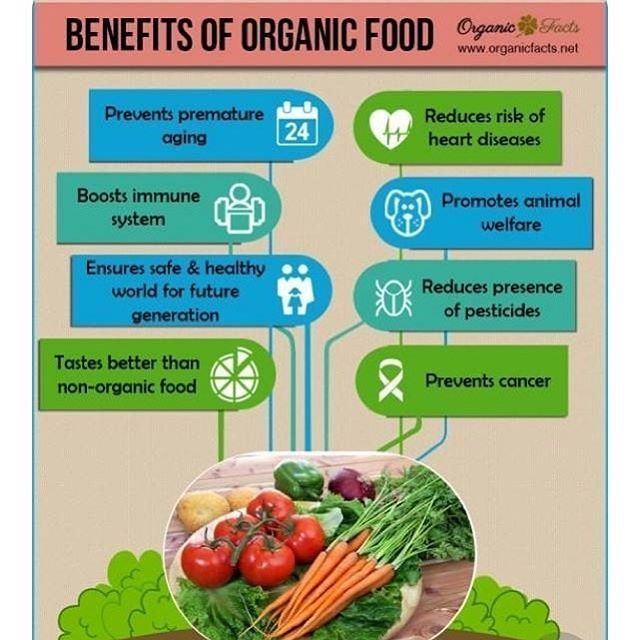 |
Are GMOs Good or Bad? Genetic Engineering & Our FoodAre GMOs bad for your health? Or is this fear unfounded? OUR CHANNELS German Channel: https://kgs.link/youtubeDE Spanish Channel: |
 |
How the food you eat affects your brain - Mia NacamulliView full lesson: http://ed.ted.com/lessons/how-the-food-you-eat-affects-your-brain-mia-nacamulli When it comes to what you bite, che […] |
 |
Is Buying Organic Food Worth The Cost?Subscribe to Goodful: https://bzfd.it/2QApoPk Goodful Goodful Feel better, be better, and do better. Subscribe to Goodful for all your healthy self care |
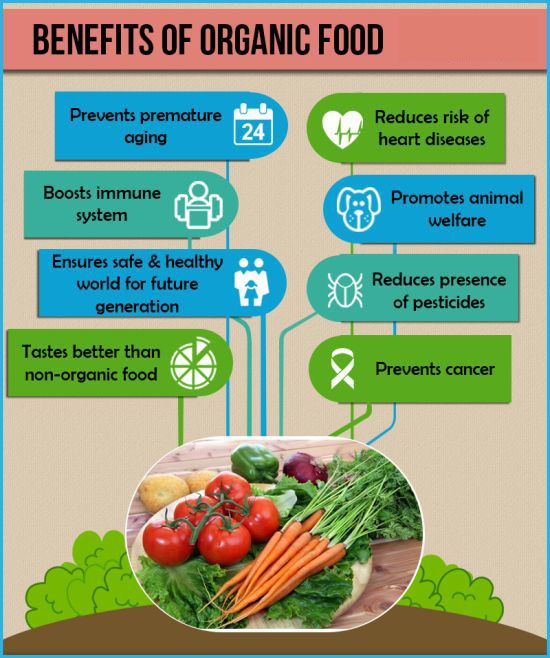 |
Benefits of Choosing Organic Gluten-Free OptionsIf you’ve been diagnosed with gluten sensitivity or celiac disease, you know how hard it can be to avoid foods containing wheat and other grains. But |
 |
Joseph Wang LIVE (Bank Bailouts and Moral Hazards Deep Dive)buy my stuff Come to rebel capitalist live at https://rebelcapitalistlive.com Check out my private, online investment community (Rebel Capitalist Pro) |
 |
Organic Farming and Soil HealthOrganic farming practices promote soil health through crop rotations, symbiotic associations, cover crops and minimum tillage. These management.. |
 |
Research Reveals How Your Body Reacts When You Eat Only Organic FoodsThere is a growing belief that organic foods are healthier for us than non-organic foods. This ever-increasing belief is responsible for significant growth in |
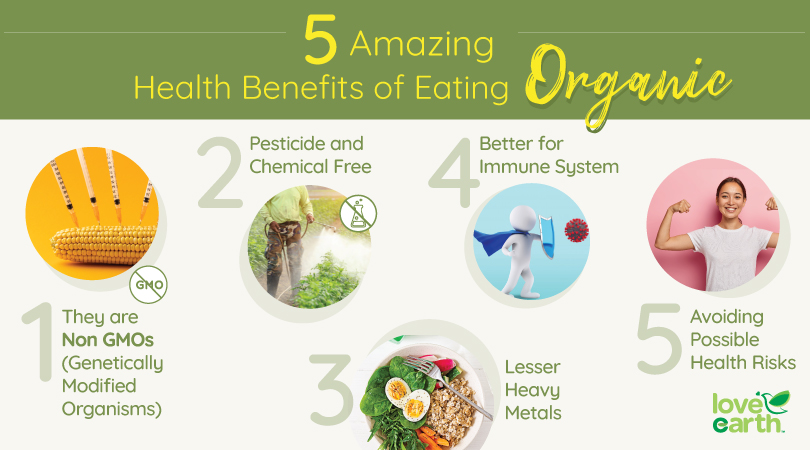 |
Stop Wasting Money on These ORGANIC Veggies (you don’t need to buy them organic)Click Here to Subscribe: http://Bit.ly/ThomasVid Get MY Recommendation on Groceries Delivered to Your Doorstep with Thrive Market: http: […] |
 |
If You Eat an Avocado a Day For a Month, Here''s What Will Happen to YouWhat Will Happen to Your Body If You Eat Avocado Every Day. The avocado is a unique fruit with multiple nutritional and health benefits. How would your body |
 |
Korean GardeningKorean gardening is one of the oldest ways to grow plants. It involves planting herbs, fruits, and vegetables that are used in kimchi, a type of.. |
 |
The Rodale InstituteThe Rodale Institute is a nonprofit organization that aims to support research into organic farming. It was founded in 1947 by J. I. Rodale, an.. |
 |
Organic eatingOrganic Cultur |
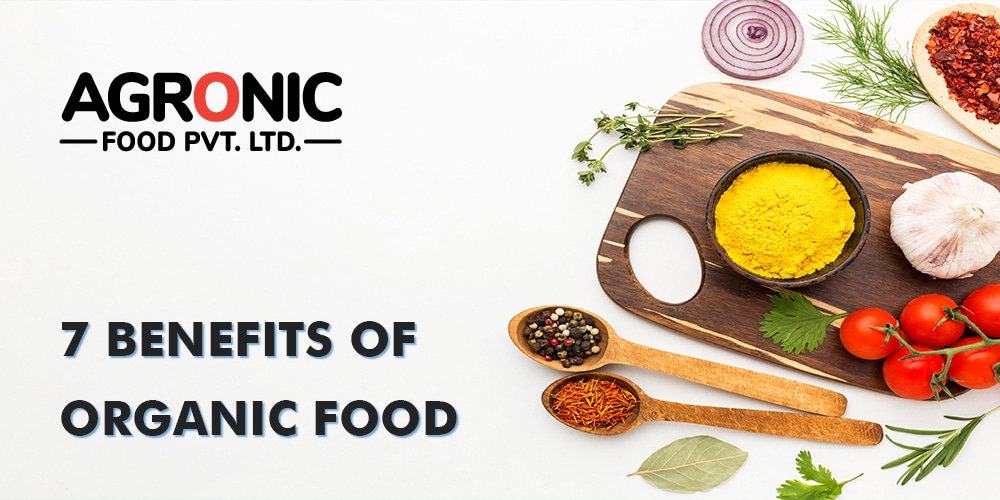 |
What is a Conventional Farm?Conventional farm is the term used to describe a farm that is not organic. It is a form of agriculture that is associated with better soil quality,.. |
 |
Chhattisgarh's Organic Farming SchoolsThe government of Chhattisgarh has started to introduce organic farming schools. This initiative is intended to provide the young generation with the |
 |
Can Organic Be GMO?The question Can organic be GMO is an ongoing debate among many consumers. While it's possible to eat foods that have been produced using genetic.. |
 |
When Did Organic Food Start?The answer to the question when did organic food start? will vary depending on the time period in which you are looking at. For instance, it may be a |
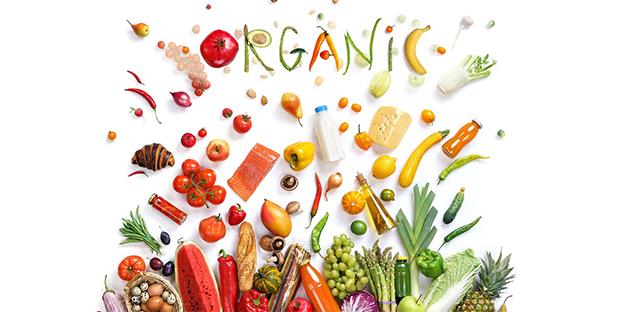 |
Organic Farming PrinciplesOrganic farming is a practice that is designed to be sustainable and healthy. Its principles include avoiding harms produced by industrial farming.. |
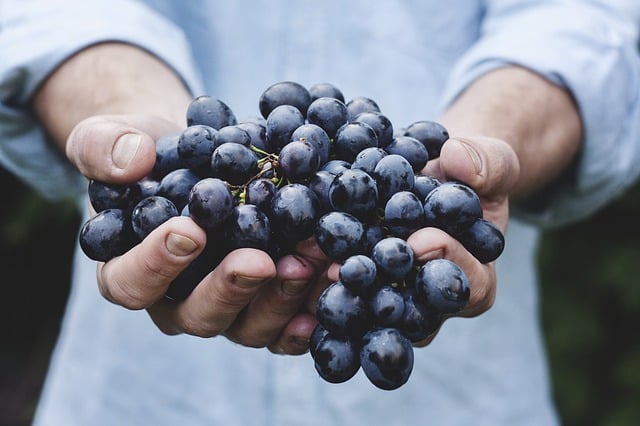 |
Soil Composition and BiodiversityThe soil that we have around us is a vital part of our lives. It is the home for many plants and animals. It also has a texture, a color, and many.. |
 |
The Benefits and Pitfalls of Organic Farming OrganizationsOrganic farming is an approach to farming that is not only ecologically sound, but also financially feasible. It is a method that is free from.. |
 |
Exotic VegetablesWhen it comes to vegetables, there are plenty of choices to choose from. Some of the most popular choices include broccoli, corn, carrots, and.. |
 |
Learn How to Become an Organic Farmer Through a Training ProgramIf you are looking to become an organic farmer, there are several ways you can do so. One option is to take a training program that will teach you.. |
 |
Benefits of Cover CropsIf you aren't familiar with cover crops, you may be surprised to learn that they are plants that are planted to grow on top of the soil to help.. |
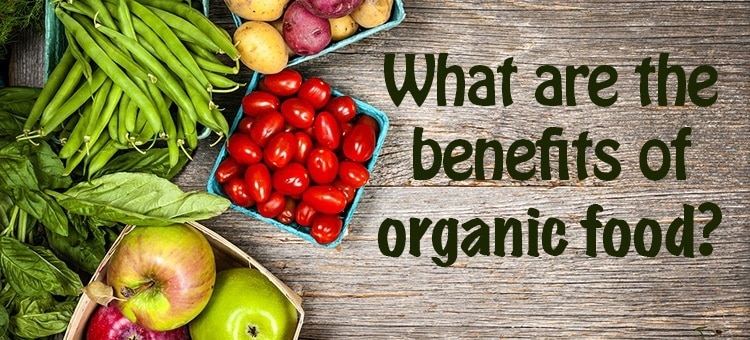 |
What is Organic Cotton?Organic cotton is the type of cotton that is grown without using pesticides or chemicals. It is also the type of cotton that is grown in subtropical.. |
 |
Is Organic Farming Beneficial to Biodiversity?Organic farming is a growing interest in the scientific community, and researchers have been investigating whether the practice is beneficial to.. |
 |
The Benefits of CompostingComposting your waste can be a very effective way of ensuring that your organic material is being broken down to the best of its ability. When.. |
 |
The Difference Between Organic Milk and Regular MilkOrganic milk is a type of milk that comes from livestock that is raised according to organic farming methods. This is a term that is regulated by.. |
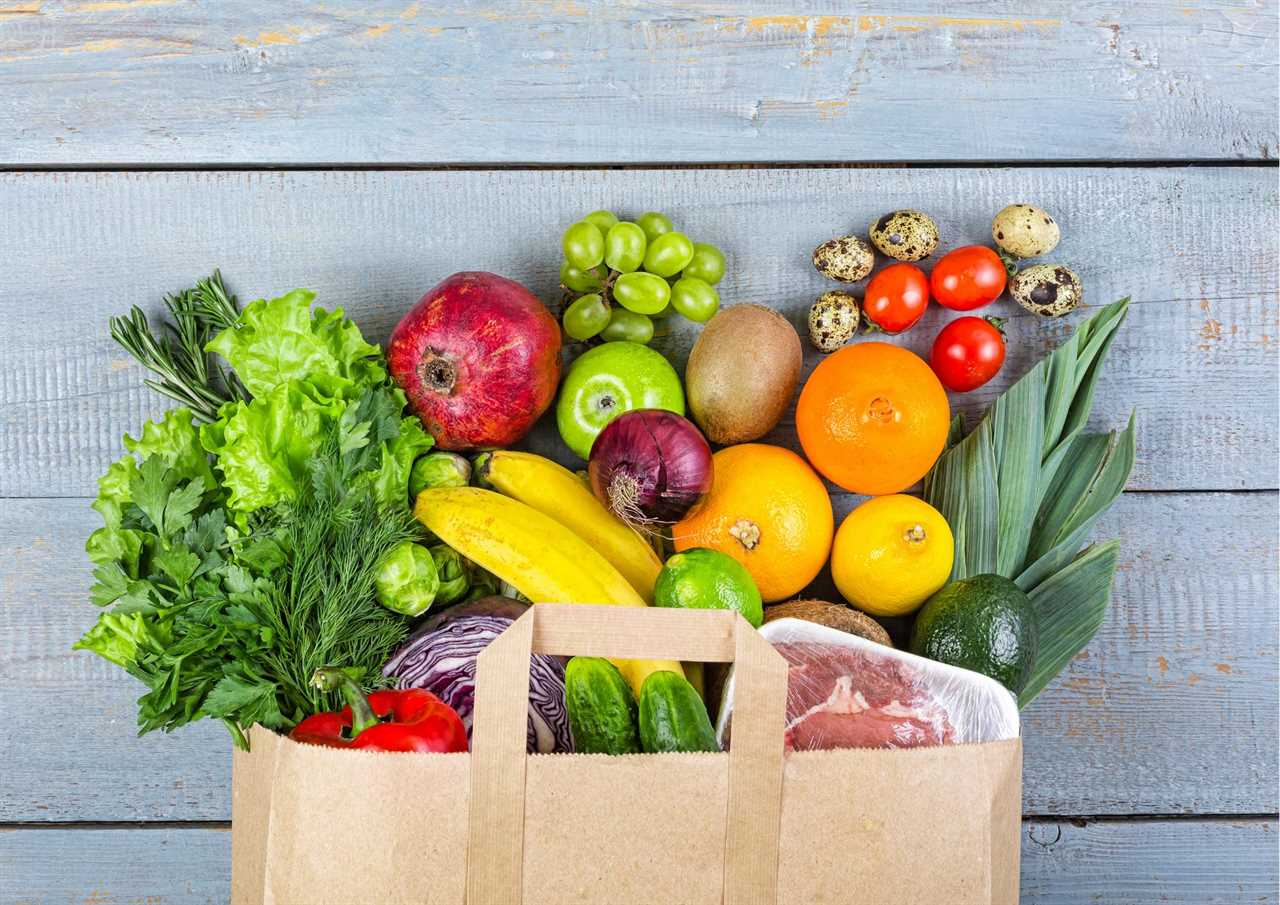 |
Organic Farming MagazineOrganic farming magazine is a resource that provides you with the latest information on organic agriculture, health, and sustainability. It also.. |
 |
The Latest Research on Organic | The Organic CenterResearched articles about eating Organic food |
.png)





